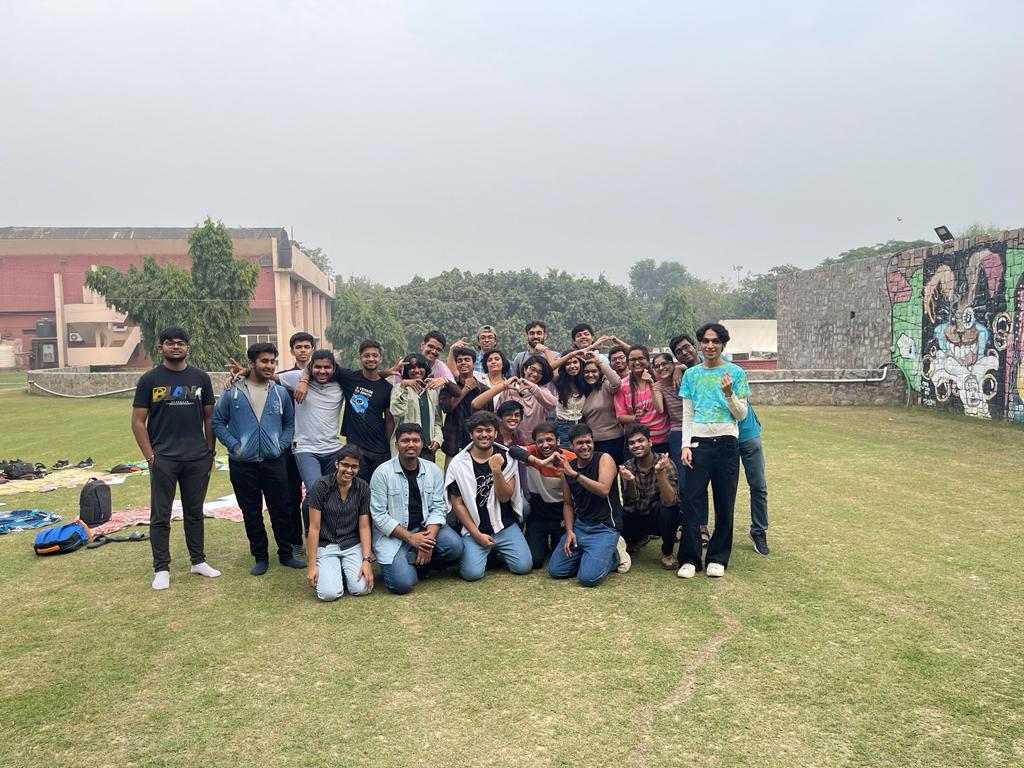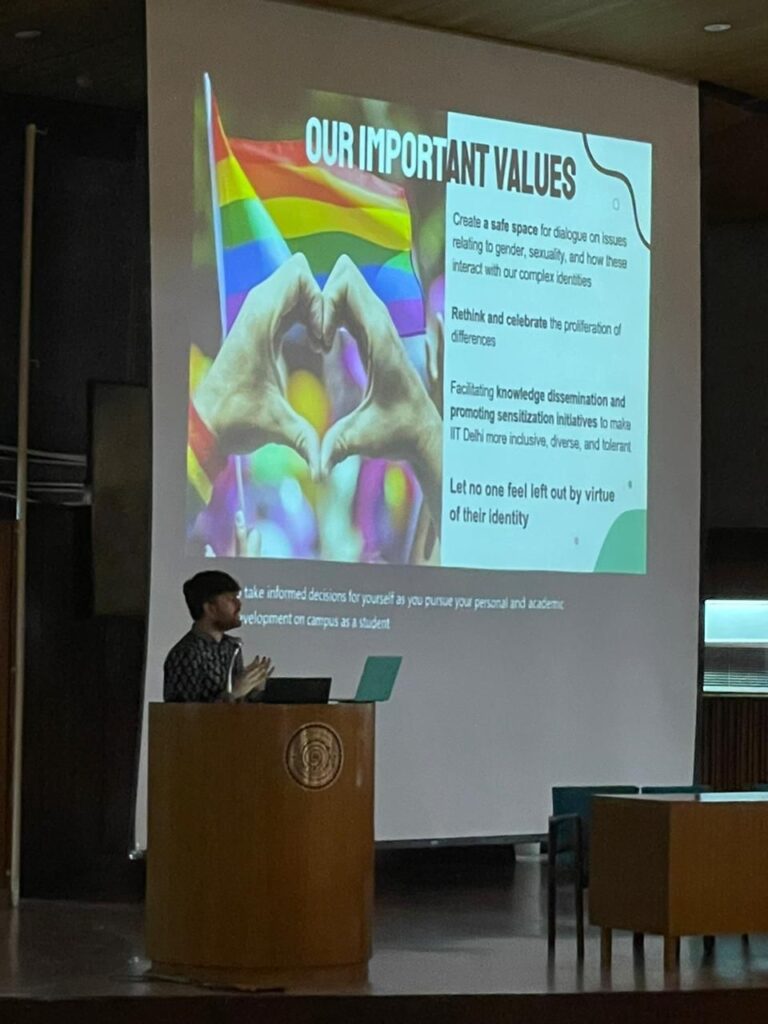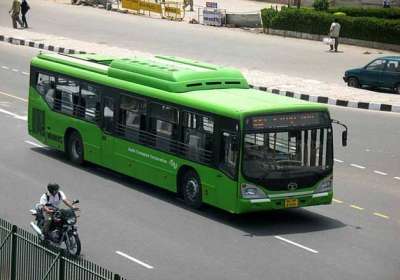 As a child, the water bottle they took to school always came back full. “I always avoided going to the toilet because I was extremely bullied for my effeminate mannerisms,” says Vaivab Das, who identifies as a gender non-binary person.
As a child, the water bottle they took to school always came back full. “I always avoided going to the toilet because I was extremely bullied for my effeminate mannerisms,” says Vaivab Das, who identifies as a gender non-binary person.
Though they left their hometown in Odisha and lived in various cities across the country to pursue their education, the problem of not having a gender-inclusive restroom remained.
“The survival habits you form due to a lack of safety in gender-segregated spaces like toilets become a lifestyle even in one’s adulthood, ” says Das. “Even as an adult, I have issues about drinking enough water as it will require me to use gender-segregated public toilets in my college.”
That’s why, in 2021, Das, along with other members of Indradhanu, the LGBTQIA+ collective of IIT Delhi, met with the authorities of the institute and stressed the need to have gender-inclusive toilets on campus.

Vaivab Das speaks at an event
“IIT is an institute of eminence. I remember sitting in a meeting and telling the administrative officials that there is no eminence without the idea of equality and therefore, that they need to provide basic amenities/infrastructure,” says Das, adding that they spoke with various professors in positions of power before attending the meeting. “I explained the need for such toilets. The institute was initially designed with the idea that only men were going to come and study science, and then it opened up to women. And the time had come when the institute went beyond the idea of gendered facilities.”
Das persisted against the bureaucratic delays but was content to see no irrational opposition from the administration. In 2022, the first phase of the project saw the creation of 14 gender-inclusive restrooms in the lecture hall complex. “We then got another one in the main building. Now, we are going ahead with the second phase where there will be a gender-inclusive restroom in all the 16 residential hostels in IIT Delhi. We plan on implementing it by the end of the academic year,” says Das.
(As a non-binary person, Das prefers the gender-neutral pronouns they/them)



